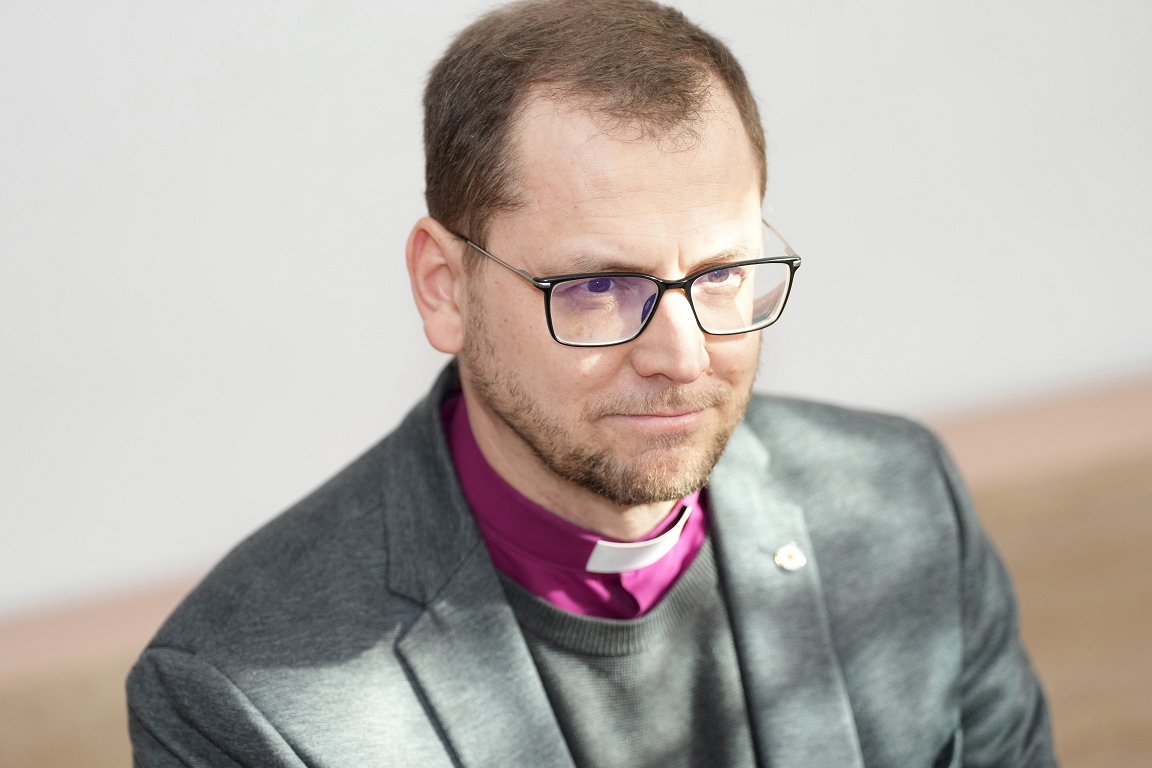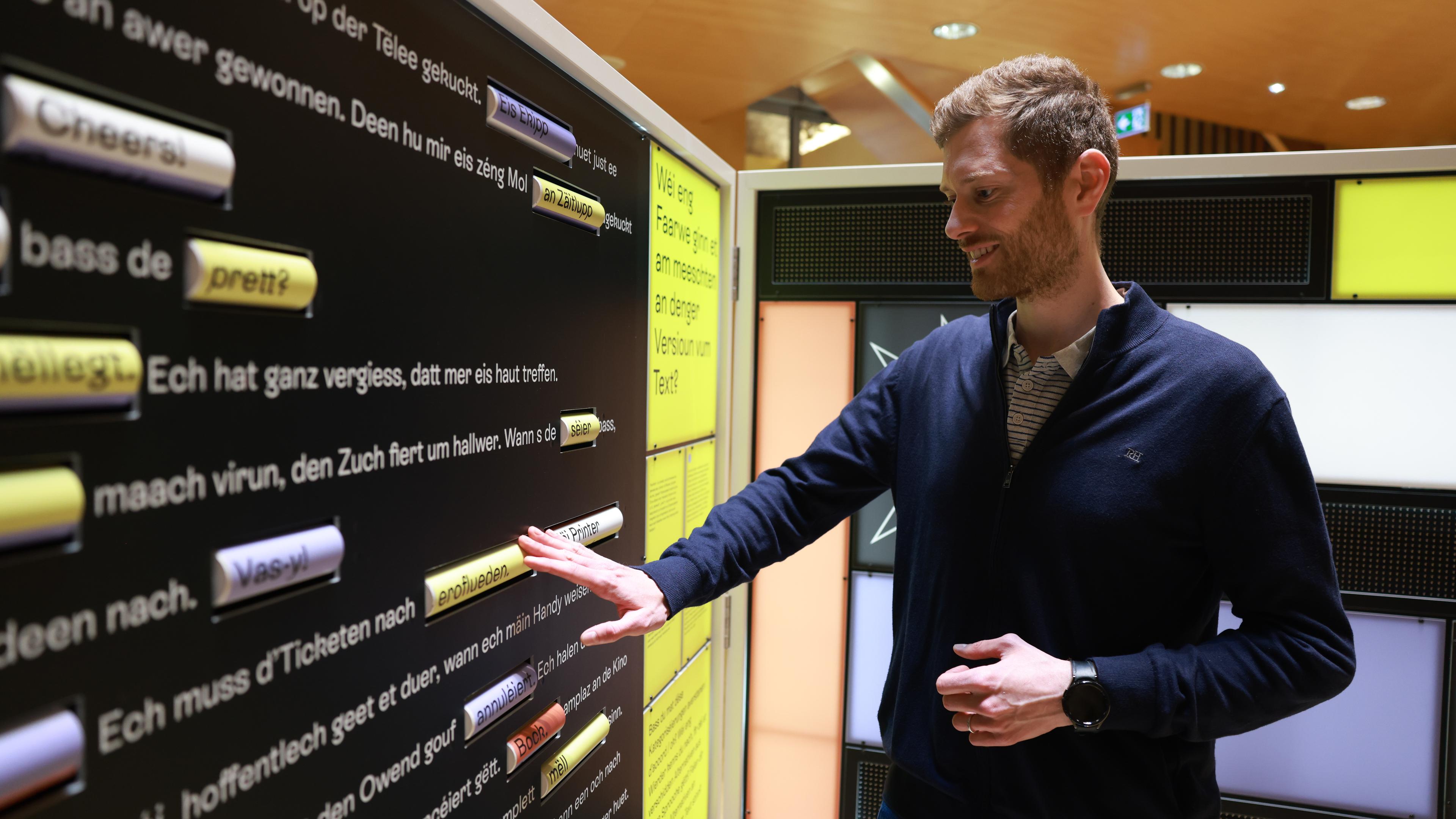« Honestly and Hard »: EU figured out how to cancel Bulgaria's care for the returned migrants

The European Commission has proposed mutual recognition of decisions to deport illegal migrants in the EU, which will significantly reduce the number of foreigners returned to Bulgaria by other European countries.
The idea is contained in a new project for a regulation on the removal of illegal migrants who are not allowed to remain in the EU. It also provides for the unification of return procedures, as well as the introduction of a European return order – a common form equal to all EU countries.
Currently, according to European law, migrants are returning to the first country they entered the EU. She must look at their asylum requests and to deport them from the EU. If such an order has been issued by another country, it will be able to deport the migrant itself without returning to the place of its first registration.
According to the new proposal, which is now being discussed among the Member States and the European Parliament, any order to deport a migrant who has been refused refuge can be fulfilled in any European country where the migrant has escaped to hide from deportation. The EU will also create a common database with the names of migrants with return orders that will be able to be executed in any country where the migrant appears.
Bulgaria will participate in the allocation of 30,000 illegal EU migrants by new rules
With the rules, the European Commission hopes to restrict the movement of illegal migrants inside the Union, as well as to reduce the hiding of the people who have been refused a stay in the EU.
The impossible return
Currently, only one in five migrants for whom the court ordered them to leave the EU is de facto returned home. In part, this is due to the reluctance of some non -EU countries to accept their citizens back, on the other – to the cumbersome procedures and the clutter of immigration authorities. But to a large extent, the possibility of illegal migrants to travel from one country to another and thus escape.
According to the current understanding, each European country has its own asylum, refusal and return procedure. This causes migrants to look for doors to extend their stay in the EU.
According to Eurostat, the most effective EU country is France. It issues about one third of all orders in the EU and deports about 13% of them, according to data on the third quarter of 2024. Germany and Spain follow the number of orders and executed orders.
According to the EU Statistics Agency in 2023, the Bulgarian authorities issued orders for the return of 16 755 illegal migrants, while in fact, 515 people (3%) have returned to their homeland, for which a return order has been issued.
New obligations
The European Commission also proposes to introduce new obligations for migrants expecting a solution to its cases. They will have to cooperate with the authorities, provide their identity documents and not leave the state in which their asylum application is considered.
If they do not observe their duties, the authorities will be able to:
- to reduce their maintenance benefits
- to take away their identity documents
- increase the terms of the EU return ban.
It is expanded and the obligatory reciprocation For illegal migrants who do not cooperate with the authorities, hide in other countries or do not leave the EU within the time limit given to them by the authorities.
The Commission also offers a special regime for migrants that are considered a security risk. Check for this will start at an earlier stage of the asylum procedure. For such migrants, detention deadlines increase from 18 to 24 months, and longer in exceptional cases where there is a signature by a judge. The measure is taken after a series of incidents in Germany and France, where illegal migrants with issued refusals for a stay known to police with other crimes or mental illness have attacked citizens in public places.
Ten days before the election: Attack in Munich is investigated as a terrorist attack
Provides migrants expecting a solution on their asylum requests:
- 3 days to appear before the authorities
- to reside in a place that is defined
- to guarantee with a financial deposit that they will not leave the place
Hub to return
Migrants with a final departure order will be able to be taken to third countries, from where they are deported. The European Commission claims that the concept of the so-called « return hubs » is brand new and does not look like the failed earlier attempts to stop migrants beyond the EU borders, such as that concluded between Britain and Rwanda and EU attempts to open such camps in North Africa.

The concept provides for countries that want to keep deporting migrants outside their territory, to conclude contracts with non -European countries to build centers. In them, they will remain until they are organized to return to the countries they have come from.
Unlike the Treaty between Italy and Albania, who have agreed to wait for their views for protection outside Italy, foreigners will be able to be transferred to European hubs who have already finally refused a stay in the EU. The minors and the unaccounted ones will not be able to be held in them.
For the first time in Europe: Two camps in Albania are ready to accept migrants from Italy
The draft contracts for exported centers will be controlled by the European Commission, which will monitor whether there are guarantees for the rights of migrants. And the signature country will negotiate with the hosts, what will happen to these migrants whose homeland does not want to accept them back, explained the Commissioner for migration Magnus Bruner.
He promised to be ready by June with a new concept for safe thirds of countries where migrants rejected by the EU could be returned without a risk to their security.











